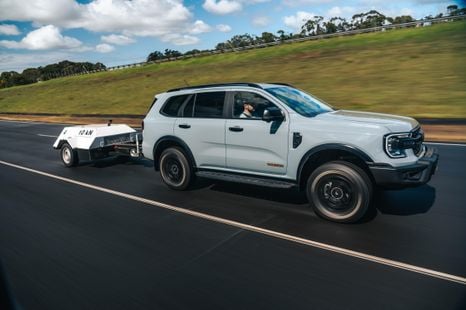

William Stopford
Which SUV should you buy for towing?
7 Hours Ago
Electric cars are here to stay. So why do owners act like they're constantly at war, fighting any criticism like their lives depend on it?

Contributor
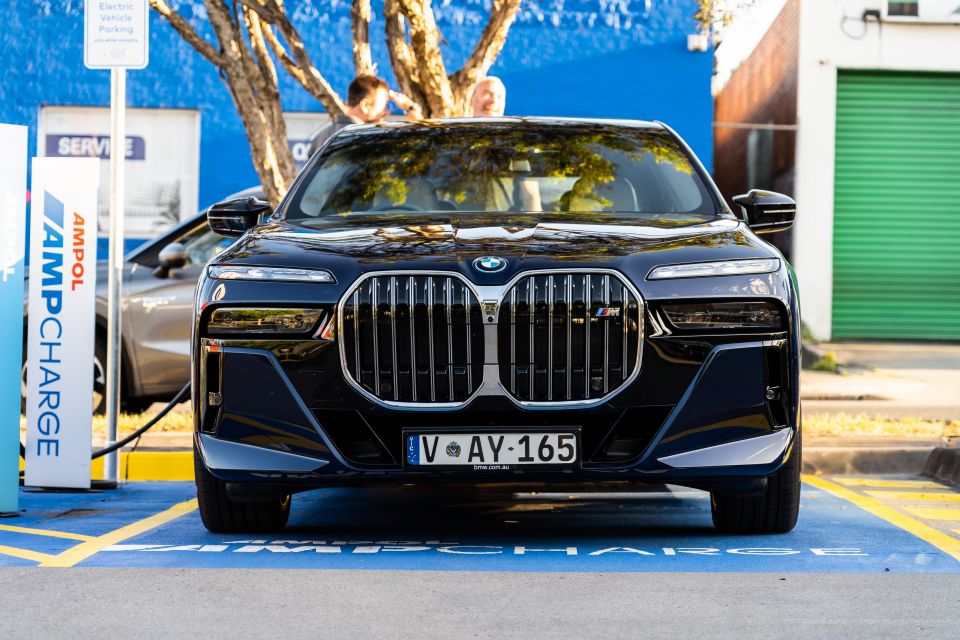

Contributor
If you read CarExpert, you’ll already know about our electric vs petrol road trip from Melbourne to Sydney.
Even if you aren’t a regular reader you’re probably aware of it; more than 2 million people have viewed a post about the drive on the 7NewsSydney page on Facebook.
Most of the feedback has been positive… but there’s also been a lot of negative comments, allegations of bias, and accusations of a sinister, anti-electric agenda from EV owners upset we’ve dared to question the supremacy of their zero (local) emissions cars.
MORE: 900km (560 mile) electric v petrol challenge: Same cars, same driving, which was cheaper?
This is pretty common.
Write anything negative about electric cars – or raise reasonable questions about how they work in scenarios that aren’t daily commuting, where you can charge at home – and an army of angry evangelists gets riled up on CarExpert.
Then, they take their anger to forums and Facebook pages where other acolytes stoke the flames by telling them how right they are, and how wrong anyone who questions electric vehicles is, and how great their cars are, and how it’s them against the world, and… you get the idea.
MORE: Talking about our road trip on 7News
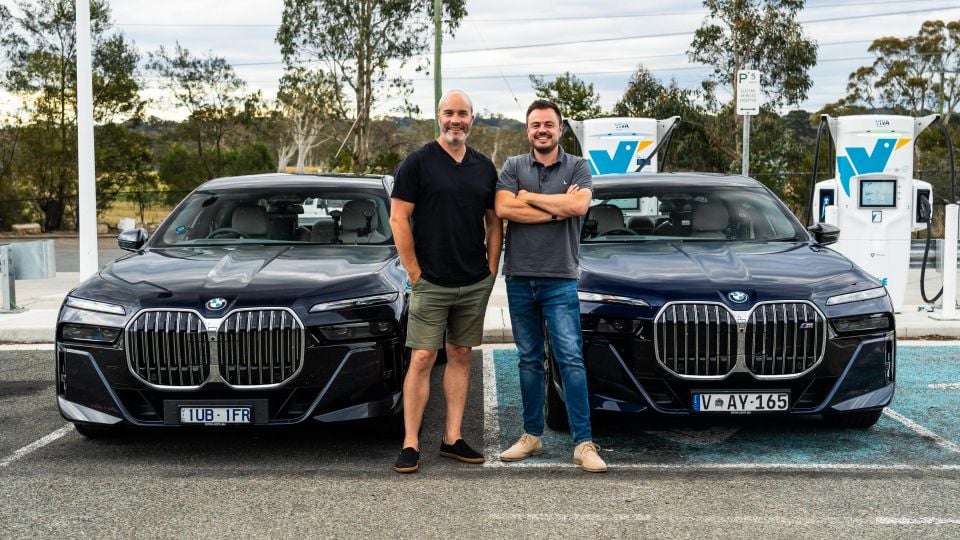
Don’t believe me? Here’s a snapshot of some of the comments on the CarExpert story about the road trip:

And here’s how it’s been handled in two prominent Facebook groups:

Diving into the comments on the 7News socials shows plenty of people using our test as evidence that yes, electric cars are dumb – which is also missing the point of the test.
Why is this opinion piece about the electric car evangelists, and not the luddites trying to talk electric technology down?
Because every time we write anything remotely negative about electric cars, the idea there’s some grand conspiracy at play is raised – and electric car owners feel the need to rabidly defend the technology.
There’s a couple of themes in the responses to our road trip. The first is the idea we don’t really get electric cars, and that owners charge at home so the road trip was irrelevant, or dumb, or a concerted attempt to undermine the electric future.
To that I’d say that we’re pretty damn experienced with electric cars at this point… and even though most Australians spend most of their time in town, there are plenty of people who need their cars to be able to deal with a long drive.
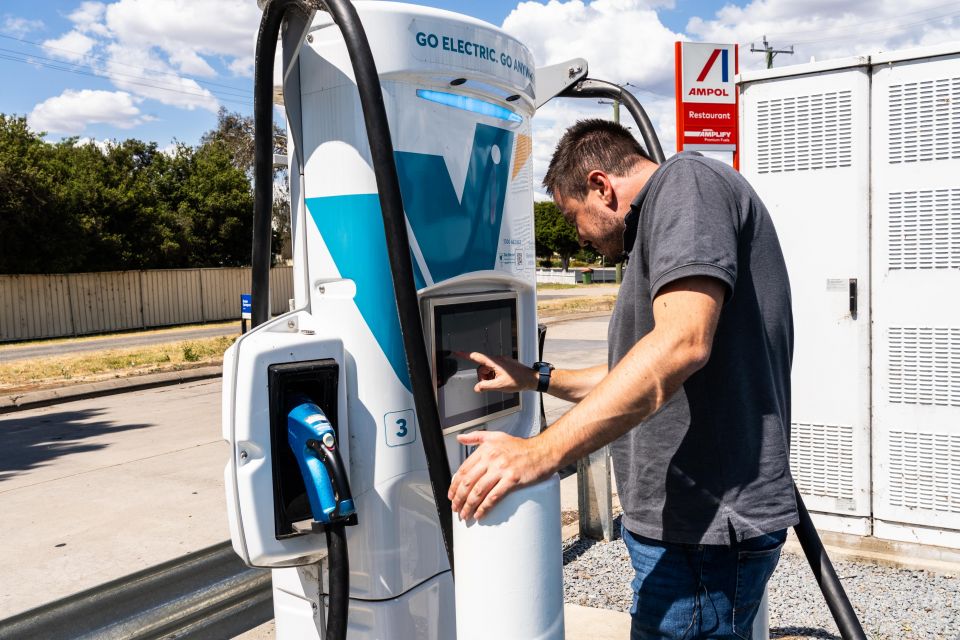
Right now, the small (but quickly growing) pool of people who’ve invested their hard-earned in an EV are willing to put up with a more convoluted drive route, or a more complex planning process before a road trip like the one we did.
But that’s not representative of how the average punter goes about things, and I can tell you right now it’s not something I’m willing to do before a road trip.
That’s why I couldn’t buy an electric car in 2024; it works for my run to and from work, but it won’t get me to the snow or surf and back (yes, this is a fixture in my life) without adding time, complexity, and risk relative to a petrol or diesel. Until that’s not the case, it’s internal combustion or bust.
It’s possible to believe that, and to appreciate electric cars on their merits though. That’s why I called the Tesla Model 3 an “an excellent mid-sized sedan. Full stop” when we first reviewed one at CarExpert.
MORE: Check out our road trip video on YouTube
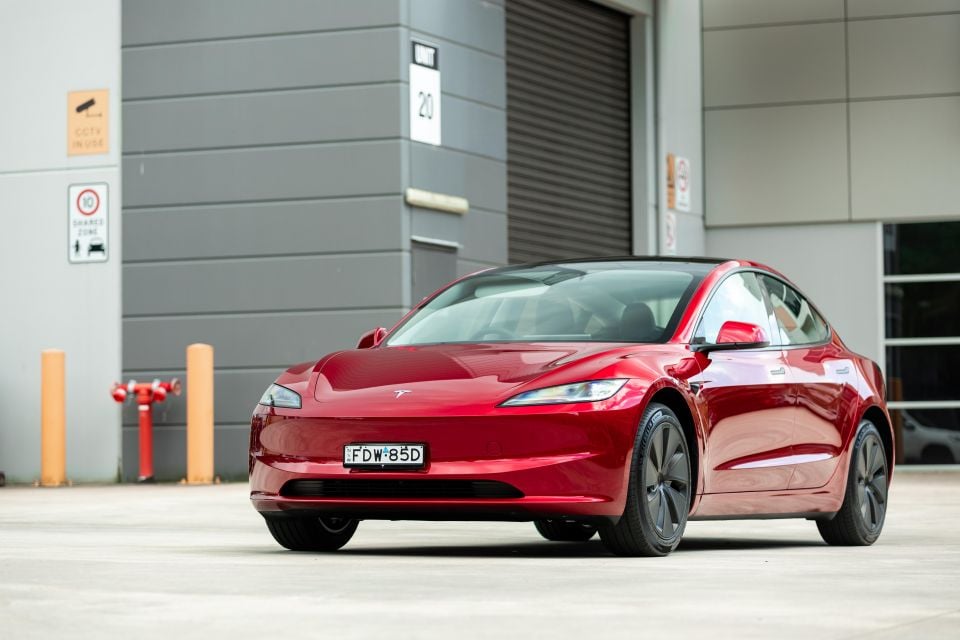
The second argument is that even though owners do long road trips sometimes, using a very specific combination of charge locations, applications, friendly locals, and prevailing weather conditions, you could do the same drive for free. Most of these people also have a story about how they’ve done it themselves.
Again, good for you. You’re so clever! But the luxury of stopping for long periods of time isn’t one afforded to everyone, and the idea that it’s acceptable for trips to take meaningfully longer than they used to while you juice up using a destination plug just doesn’t cut it.
Yes, if the public infrastructure is working perfectly and there’s no-one using it the impost on your time is minimal. But it’s a massive if right now, as we’ve experienced at various points since CarExpert has been online.
These are things people need to know before spending their own money on an electric car, because spending at least $40,000 on a new vehicle that doesn’t work for you is annoying at best, and a huge financial mistake at worst.
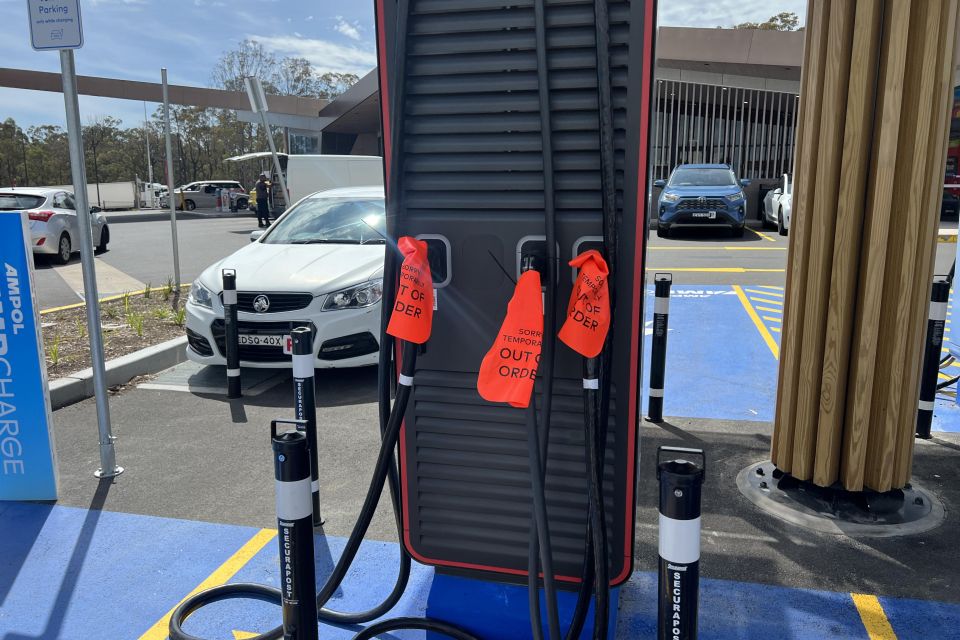
All of this is a long-winded way to say electric car owners need to toughen up. The idea CarExpert (or any of our rivals) has a vested interest in stopping electric vehicles from taking hold is absolutely farcical.
Sales are growing rapidly in Australia, and the number of electric options has exploded since the start of 2022. If we were trying to pour cold water on EV sales, it’s certainly not working.
At this point, there’s no question the future is heavily electrified. Electric cars are mainstream now, rather than a four-wheeled substitute for a personality for nerds who love counting kilowatt hours and guffawing at anyone who buys a petrol car, and that means the lens through which they’re judged needs to change.
Some tests aren’t going to shine favourably on electric vehicles, and that’s okay. Finding flaws and working to improve the experience is crucial if it’s to get better.
Scott Collie is an automotive journalist based in Melbourne, Australia. Scott studied journalism at RMIT University and, after a lifelong obsession with everything automotive, started covering the car industry shortly afterwards. He has a passion for travel, and is an avid Melbourne Demons supporter.


William Stopford
7 Hours Ago


William Stopford
7 Hours Ago
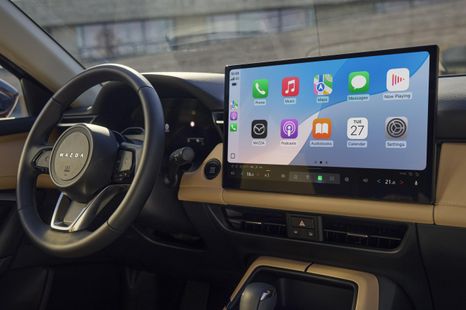

Derek Fung
7 Hours Ago


Anthony Crawford
7 Hours Ago
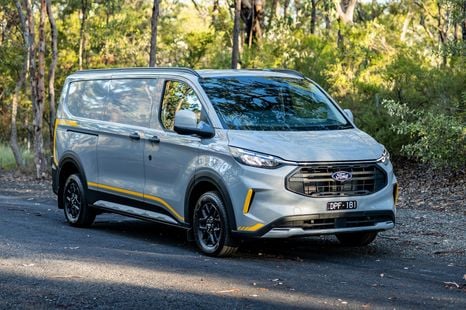

Matt Campbell
15 Hours Ago
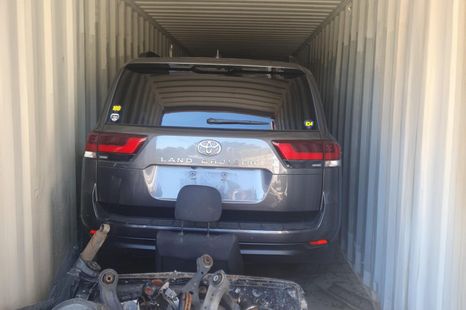

Damion Smy
1 Day Ago
Add CarExpert as a Preferred Source on Google so your search results prioritise writing by actual experts, not AI.